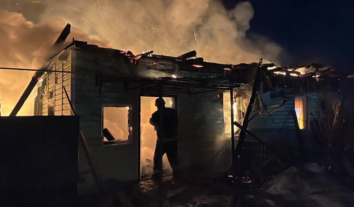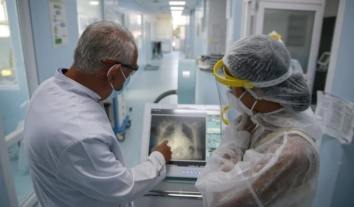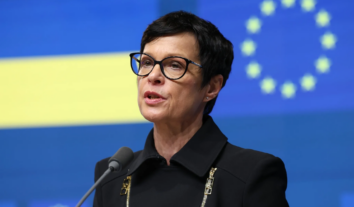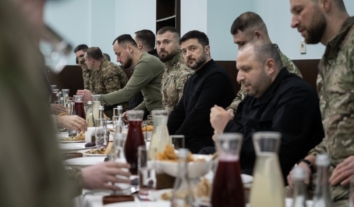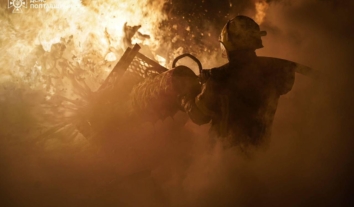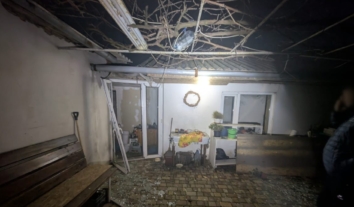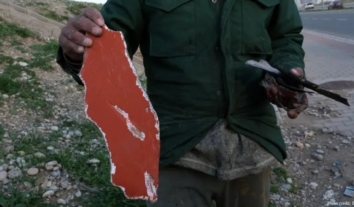Putin Could be Put on Trial in The Hague for the Georgian Conflict
In 2015, the International Criminal Court (ICC) is going to open an investigation of war crimes and crimes against humanity committed during and after the Russian-Georgian war of 2008.
This was stated by the head of the Georgian Coalition “For the International Criminal Court,” and the former Georgian government representative in the European Court of Human Rights, Simon Papuashvili.
“I recently had a meeting with the new ICC prosecutor and his team, and we were informed that an investigation of the situation will be opened by the Court this year. This is the solution we’ve been waiting seven years for,” Simon Papuashvili said to a correspondent from the Human Rights Information Center.
Papuashvili has high hopes for the outcome of the investigation. He hopes that the court will issue a warrant for the arrest of Vladimir Putin, who directly led the military operation in Georgia.
“He was in Beijing for the Olympics on August 8th, but, when the events started, he immediately left Beijing and flew to Moscow. He then went to the North Caucasus and, according to our colleagues, led the military operation that resulted in crimes against humanity and other war crimes. They have evidence of specific facts of the crimes and the chain of command, which run up to Vladimir Putin,” said Simon Papuashvili.
“I think the experience of Georgia and Ukraine is similar in that there are a lot of rumors, like how the Ukrainian side has committed many crimes. But, despite the fact that my organization has monitored the situation every day for six months and have been documenting crimes in the area of ATO in Ukraine, no significant evidence and very little information about the crimes of the Ukrainian side have been found. Our monitors have found a huge amount of evidence on the other side, which is under the control of the Russian Federation,” notes Papuashvili.
He asserts that if we talk about the percentage of crimes in the Georgian-Russian conflict, 95% were committed by Russia versus 5% by Georgia, according to reports from non-governmental organizations.
“At the Kampala conference in 2010, the Rome Statute was amended. An additional Protocol was adopted which added the crime of aggression. This Protocol shall enter into force in 2017. This means that if Ukraine ratifies the Rome Statute and the protocols up to this point, it can potentially say that the Court should consider that the crime of aggression has been committed against it,” Papuashvili is convinced.
Simon Papuashvili gives a very high probability that the crime of aggression by Russia against Ukraine will be interpreted by the court as a “long-term act, which consisted of a number of episodes, and which transitioned from one to another.” On this basis, the Court can initiate an investigation of the aggression.
Ukraine signed the Rome Statute in 2000, but the Constitutional Court ruled that the document does not comply with the Constitution of Ukraine the next year. Ratification requires an amendment to article 124 of the Constitution.
On January 16th, 2015, People’s Deputies registered a bill “On Amendments to Article 124 of the Constitution of Ukraine (concerning the recognition of the Rome Statute).” If passed, Ukraine will be able to ask for help in the investigation of war crimes and crimes against humanity in international courts.
Deputy Vitaliy Kupriy has previously accused President Poroshenko of preventing the ratification of the Rome Statute.


